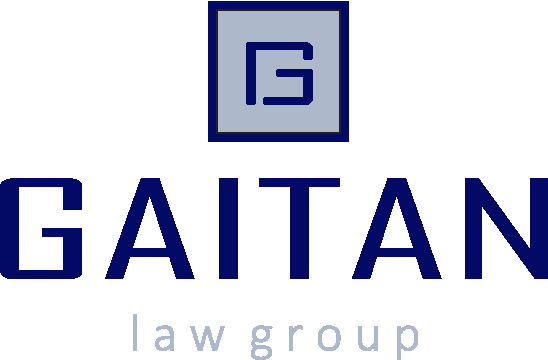FDA issues warning letter to dietary supplement for illegal drug claims and unapproved dietary ingredients
On December 31, 2013 the U.S. Food and Drug Administration (FDA) issued a warning letter to Star Scientific, Inc. covering two dietary supplement products bearing illegal drug claims and unapproved new dietary ingredients — Antabloc and CigRx
The U.S. Food and Drug Administration (FDA) has warned Star Scientific that the therapeutic claims made in association with their Antabloc and CigRx dietary supplements, render the products “unapproved new drugs” subject to FDA approval under the Food, Drug, and Cosmetic Act (FTC Act).
In the warning letter, FDA also focuses on the ingredient antabine, found in both Antabloc and CigRx, stating that the ingredient “is not generally recognized as safe and effective” for the therapeutic uses for which it is marketed. Under the FTC Act, “a dietary supplement that contains a new dietary ingredient shall be deemed adulterated” unless the ingredient has been present in the food supply “as an article used for food in a form in which the food has not been chemically altered” or it has a history of safety “and, at least 75 days before being introduced or delivered for introduction into inter- state commerce” the manufacturer provides FDA “with information, including any citation to published articles, which is the basis on which the manufacturer or distributor has concluded that a dietary supplement containing such dietary ingredient will reasonably be expected to be safe.”
The FDA warns that it may take regulatory action “such as seizure and/or injunction” unless the company takes corrective action within 15 days.
There is much confusion in the dietary supplement industry over what claims are allowed and disallowed by the FDA in the marketing of a dietary supplement product. The common misconception is that if a claim can be substantiated it is allowed by the FDA. However, this is certainly not the case, especially when the claim falls under the definitions of a health or drug claim. Under the Dietary Supplement Health and Education Act of 1994 (DSHEA), and its predecessor the Nutrition Labeling and Education Act of 1990 (NLEA), dietary supplement products can claim health benefits associated with its ingestion, such as describing (a) the role of the dietary supplement in addressing a nutritional deficiency, (b) how it affects the structure or function of our human anatomy, or (c) how it impacts our general well-being [21 U.S.C § 343(r)(6)].
When working with clients seeking to introduce a new dietary supplement, we usually spend the greatest amount of time restructuring claims made on product labels, literature, websites, and infomercials. Through years of experience working with dietary supplements, we have developed a keen understanding of what claims may be disallowed by the FDA and how such claims can be reworded into one that is acceptable for a dietary supplement.
For assistance in developing appropriate claims for dietary supplements, counsel in responding to an FDA warning letter, or other related questions, please contact Ann Marie Gaitan, Esq. chair of our FDA practice group, at 305.443.8900 or amg@suarezgaitanlaw.com
